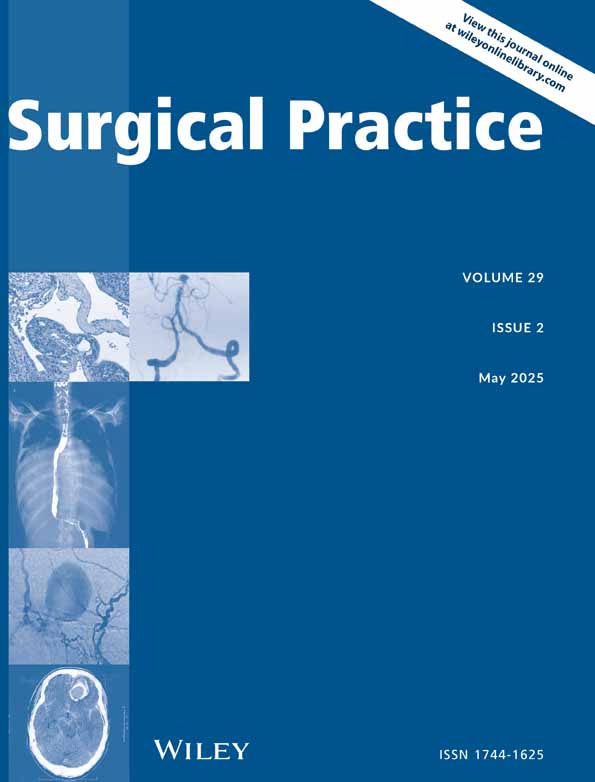Pharmacological prevention of peritoneal adhesions: Synergistic effects of sirolimus and prednisolone
Abstract
Background
Peritoneal adhesions are an important complication of abdominal surgeries, causing chronic pain, bowel obstruction, and infertility. Despite advances in surgical techniques, pharmacological prevention remains a challenge. This study aimed to evaluate the effectiveness of sirolimus, prednisolone, and their combination in preventing post-operative adhesions in a rat model.
Methods
This was a randomised, controlled experimental study. Thirty-three female Wistar rats were divided into five groups: control, vehicle carrier, sirolimus (0.1 mg/kg/day), prednisolone (1 mg/kg/day), and a sirolimus–prednisolone combination. Adhesions were induced by laparotomy and caecal abrasion. Adhesion severity was evaluated by macroscopic analysis (Nair classification) and microscopic analysis (Zühlke grading). Statistical analyses were performed using the chi-square and Mann–Whitney tests, with a significance level of 5% (P < .05).
Results
The combination group was the only one with no macroscopic or microscopic adhesions (P < .05). Both the sirolimus and prednisolone groups showed reduced adhesion severity compared with the control group. The control and vehicle carrier groups exhibited the highest incidence and severity of adhesions (P < .05).
Conclusions
The combination of sirolimus and prednisolone significantly prevents post-operative adhesions, suggesting a potential pharmacological approach to reducing adhesion-related morbidity. Further studies are needed to confirm these findings in clinical settings and to evaluate long-term outcomes. Clinical application should be approached with caution due to the potential immunosuppressive and wound-healing effects of the drugs involved.
CONFLICT OF INTEREST STATEMENT
There is no conflict of interest to be disclosed.




